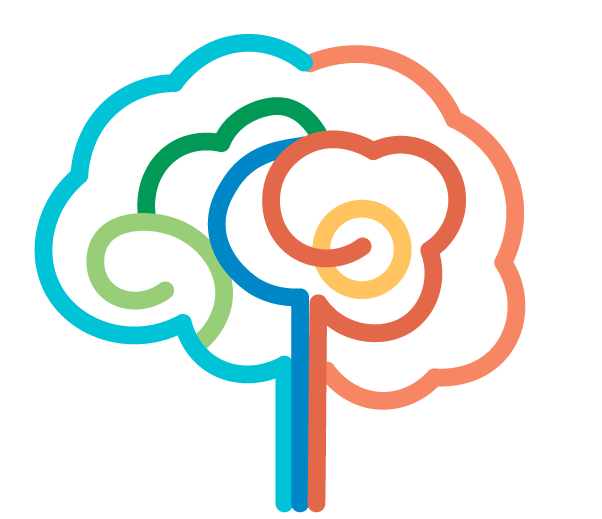HIGH CHALLENGE ENGAGEMENT.
Older adults were randomly assigned to mentally challenging conditions including learning digital photography, quilting, or both. Participants in these fast-paced, demanding classes spent 15 hours per week for three months in a high challenge environment.
LOW CHALLENGE ENGAGEMENT.
There were two groups that were low in cognitive challenge: a social engagement group that had fun but did not engage in learning and a placebo control condition where participants worked on cognitive tasks that primarily required using previous knowledge or active listening, rather than active skill-learning of complex behaviors.
MEASURING COGNITIVE CHANGE.
All participants had cognitive function measured at the beginning and end of the three-month period. A small subset of participants received brains scans at the beginning, the end, and one year after the experiment.
RESULTS.
Participants in the High Challenge Engagement Conditions showed improved episodic memory at the end of the three months of engagement. High Challenge participants also showed enhanced neural function. Some effects were still significant a year later. The two groups that were low in cognitive challenge did not show improvement.
CONCLUSIONS.
Engaging in every-day activities that were mentally challenging resulted in improved memory and enhanced neural efficiency. These are important and promising findings that with further investigation may have broad implications for public health and delaying the onset of Alzheimer’s disease.
